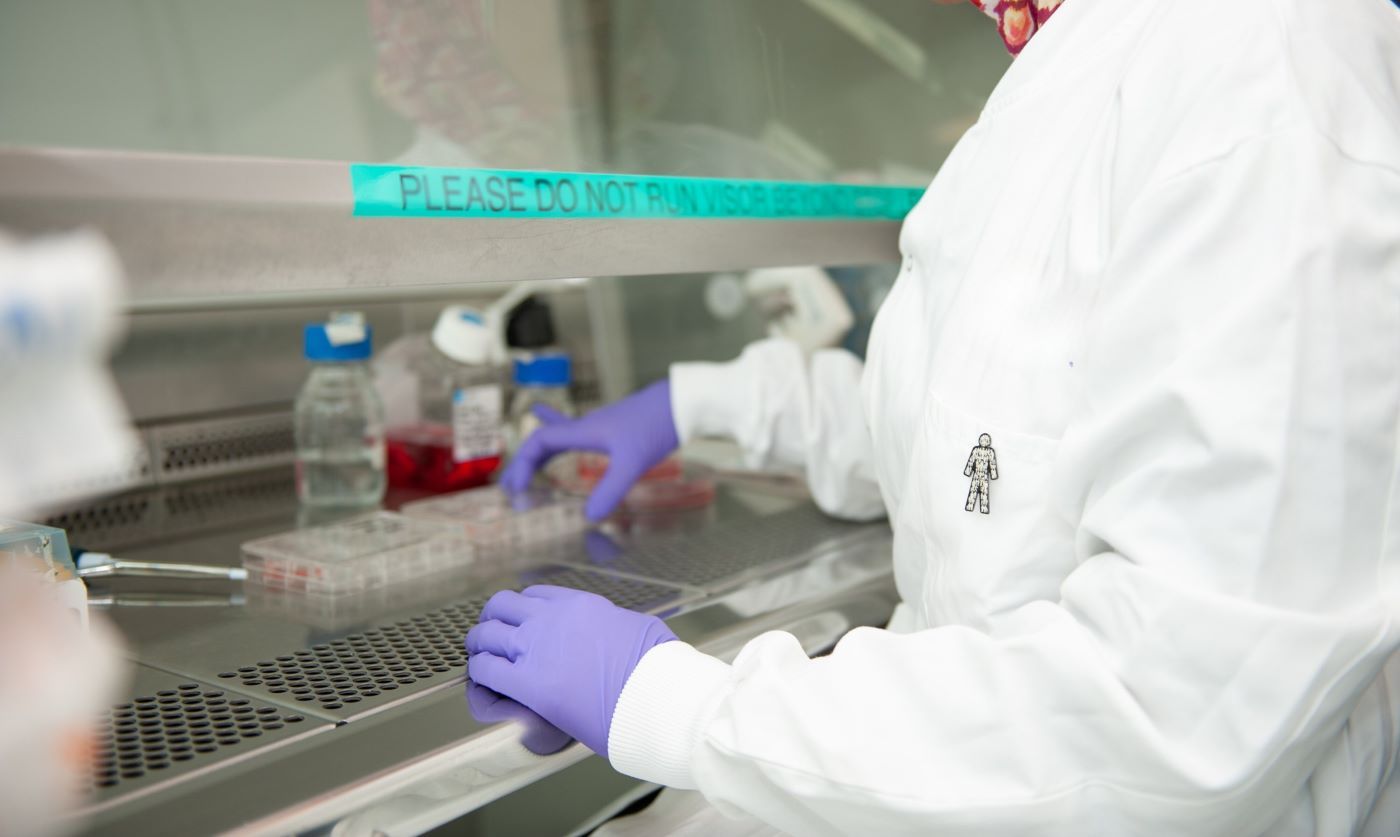
Exploiting natural processes to develop a new type of therapy for prostate cancer
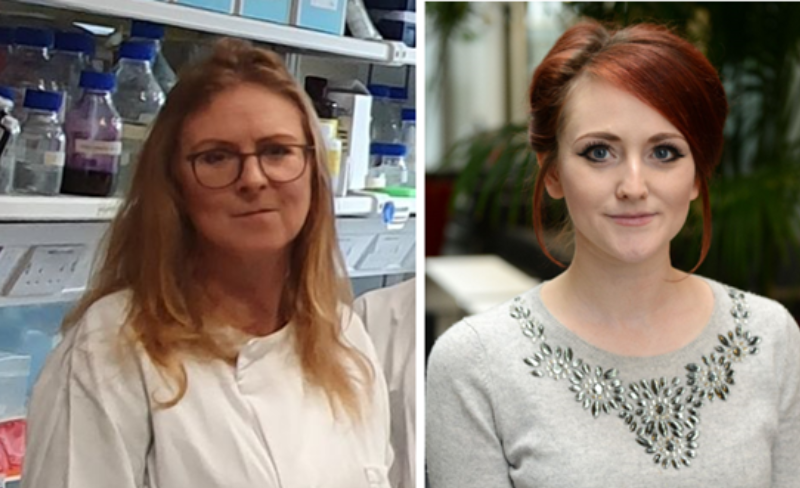
Grant information
Institution – Imperial College London
Researchers – Professor Charlotte Bevan & Dr. Claire Fletcher
Grant award - £588,628
Duration of funding – 2018-2023
Status - Complete
Reference – RIA17-ST2-017
These therapies offer an exciting new way to treat advanced prostate cancer, and improve quality of life for men
The project in a nutshell
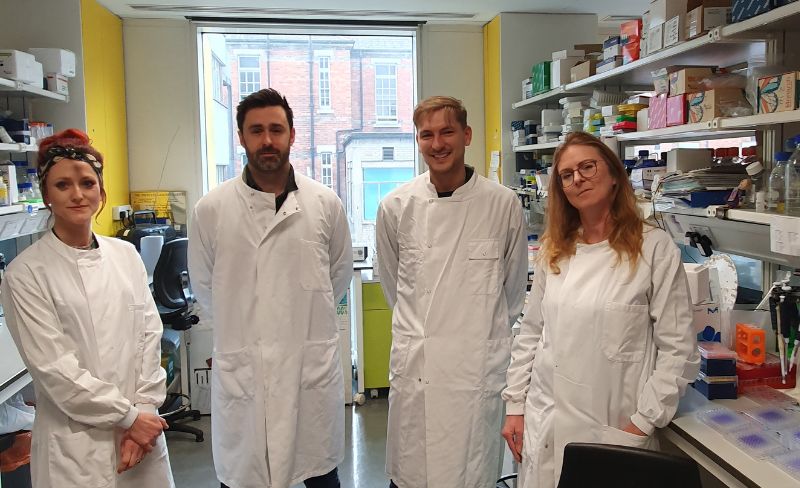
- The team found a link between the length of the androgen receptor (AR) gene and the progression of prostate cancer.
- The team have identified two microRNAs which could be involved in hormone therapy resistance in prostate cancer.
- It may be possible with further research to target these microRNAs as a new therapeutic way to reduce hormone resistance to current hormone therapies.
Why did we fund this project?
The androgen receptor (AR) plays an important role in the growth of prostate cancer.
Current therapies, including hormone therapy, helps block the activation of the AR and slow the growth of prostate cancer. However, prostate cancer can change over time, become resistant to hormone therapy, and continue to grow.
The team have previously shown that genetic material, such as microRNAs, could be linked to prostate cancer growth.
For this reason, the team aimed to show that microRNAs can influence AR activity, help prostate cancer develop resistance to hormone therapy, and can be a new therapeutic target for prostate cancer.
Watch the Spotlight on webinar for more information of the role of the AR in prostate cancer.
What did the team do?
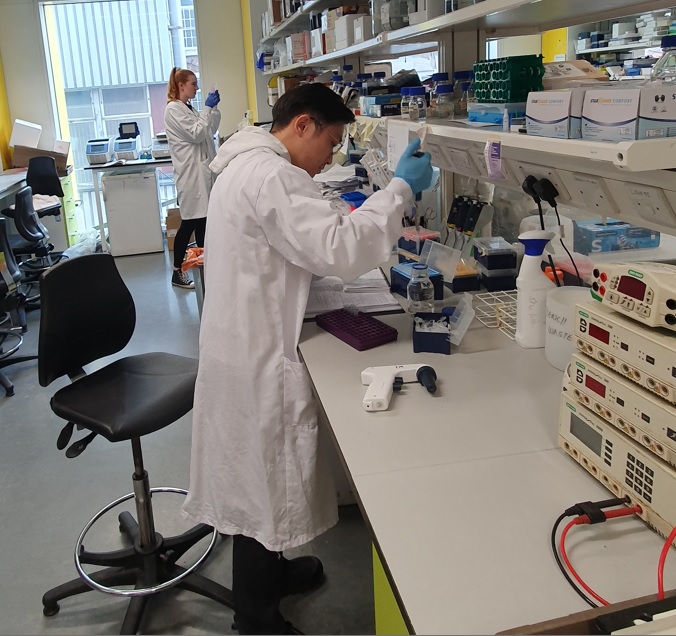
- The team used compounds which targeted the two microRNAs of interest to show that they are involved with AR activity and hormone therapy resistance.
- The team then visualised the movement of prostate cancer cells down a microscope to see whether these two microRNAs can affect how prostate cancer spreads.
What did the team achieve?
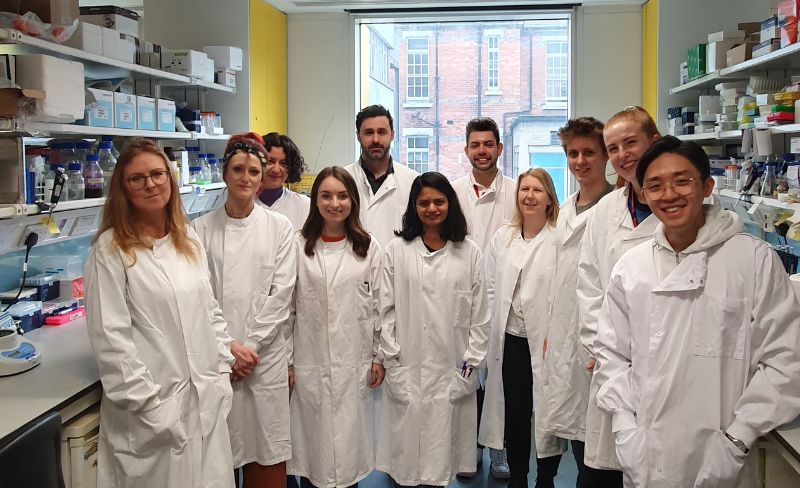
- The team showed that longer androgen receptor (AR) genes are linked with hormone therapy resistance and faster progression of prostate cancer.
- They found that higher amounts of the two microRNAs of interest can influence AR activity and are involved in hormone therapy resistance.
- The team also found that the microRNAs can play a part in the spread of prostate cancer, however more work is needed to confirm this.
How will this benefit men?

- This study highlights a new way of treating prostate cancer that has stopped responding to hormone therapy.
- Although these preliminary results are exciting, more work is needed to provide further evidence that this will benefit men.
With your help we can beat prostate cancer, together
With your continued support you can help us cure more men with less harm. Take action today and help us work towards a future where men's lives aren't limited by prostate cancer
